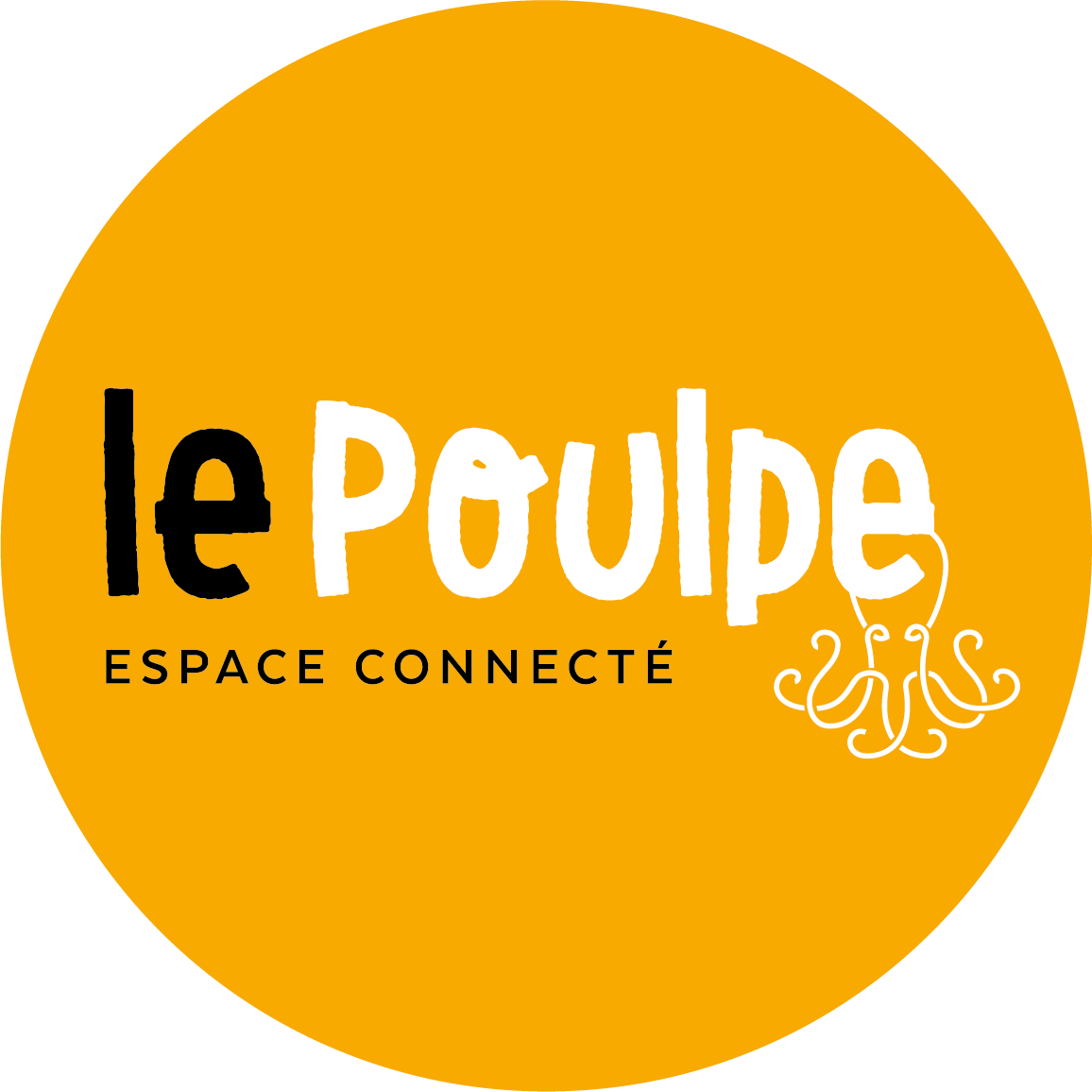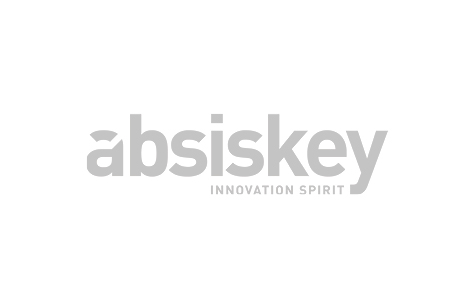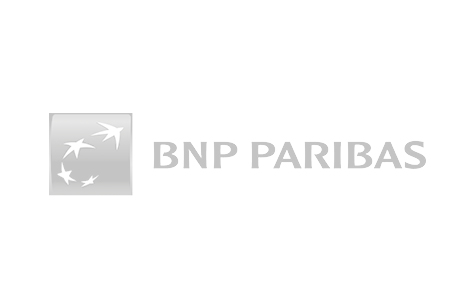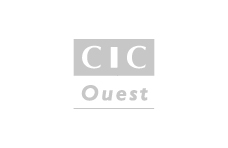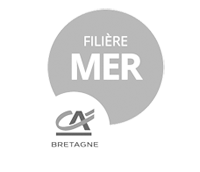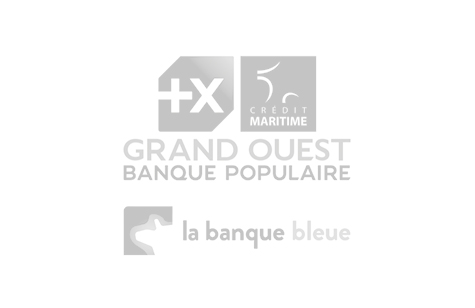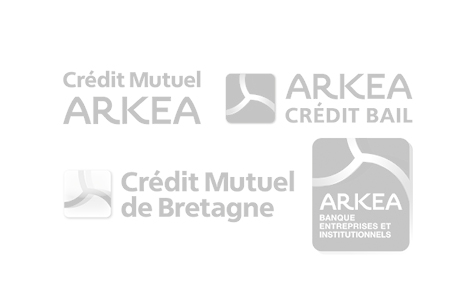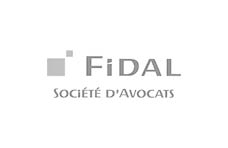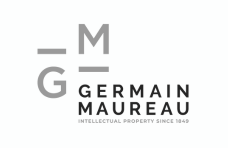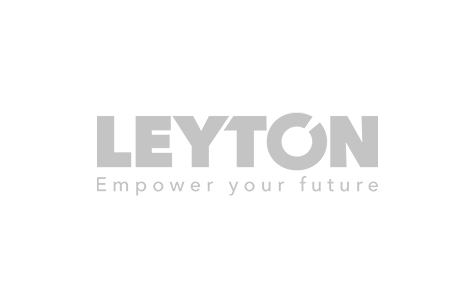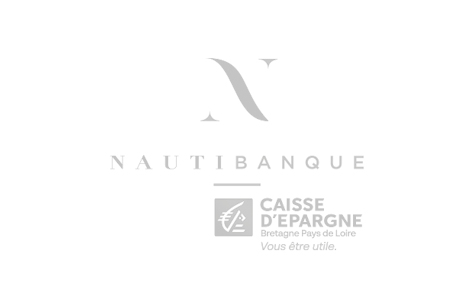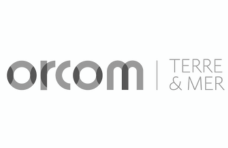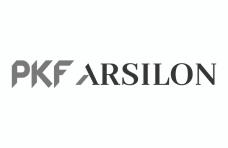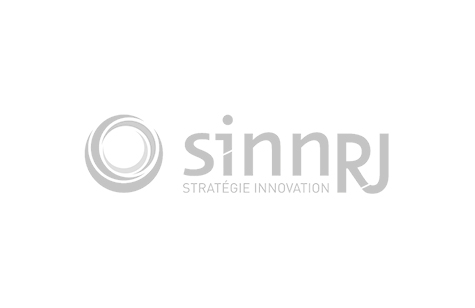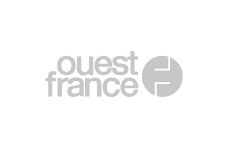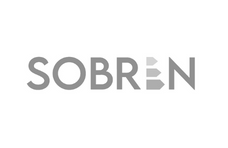The TRIAD project is built on the results of the PHARMASEA project which is officially recognised by Pôle Mer Bretagne and which has successfully selected two families of DYRK/CLK kinase inhibitors - Leucettines and RCZs - from natural substances for the prevention and treatment of Alzheimer's disease.
More than 550 Leucettines (all derived from leucettamine B, a natural product obtained from a marine sponge) have been synthesised and evaluated using purified kinases and subsequently cellular models. The aim of the TRIAD project is to employ these marine-sourced, natural active molecules to characterise a drug candidate obtained from bioresources and capable of inhibiting DYRK1A protein kinase activity. DYRK1A's excessive activity is implicated in the cognitive impairment associated boht with Trisomy 21 and with Alzheimer's disease.
Various molecules have been described as DYRK1A inhibitors for the purposes of mechanistic studies but the potential for therapeutic applications is extremely limited (problems with chemical synthesis, lack of selectivity and effectiveness, etc.). The leucettine family offers an excellent biological profile for simple, optimised chemical synthesis accompanied by a robust patent. The RCZ family for its part offers exceptional selectivity. A pragmatic approach will be taken to developing the drug candidates based on the structure of available cocrystals (kinases/inhibitors) and on the large number of experiments already carried out.
This research places the TRIAD project partners among world leaders in the field of DYRK1A pharmacological inhibitors and their applications for Trisomy 21 and Alzheimer's disease. Identifying molecular markers for early detection of Alzheimer's disease constitutes a major element of the reseach into this pathology. The studies will focus on identifying a blood-based signature of Alzheimer's which will make it possible to detect whether the drug candidates have engaged the pathology-related target.
The TRIAD project is recognised jointly by Pôle Mer Bretagne and Pôle Alsace Biovalley.
Partners
Companies
- - ManRos Therapeutics, Roscoff [Project Developer]
- - Biotrial, Rennes
Research centers
- - INSERM/CEA/MIRCEN U986, Génomique, facteur environnementaux et biothérapie des maladies endocriniennes et neurologiques, Fontenay-aux-Roses
- - Institut de Génétique et de Biologie Moléculaire et Cellulaire IGBMC/ Institut clinique de la souris ICS, UMR 7104 / U964, Strasbourg
- - Université de Paris Descartes, UFR des Sciences Pharmaceutiques, UMR CNRS 8151, Paris
- - Université de Rennes 1, Institut des Sciences Chimiques de Rennes (ISCR), Rennes
Funders
- Fonds Unique interministériel
- Conseil départemental du Finistère
- Conseil régional de Bretagne
- Rennes Métropole
PDF




